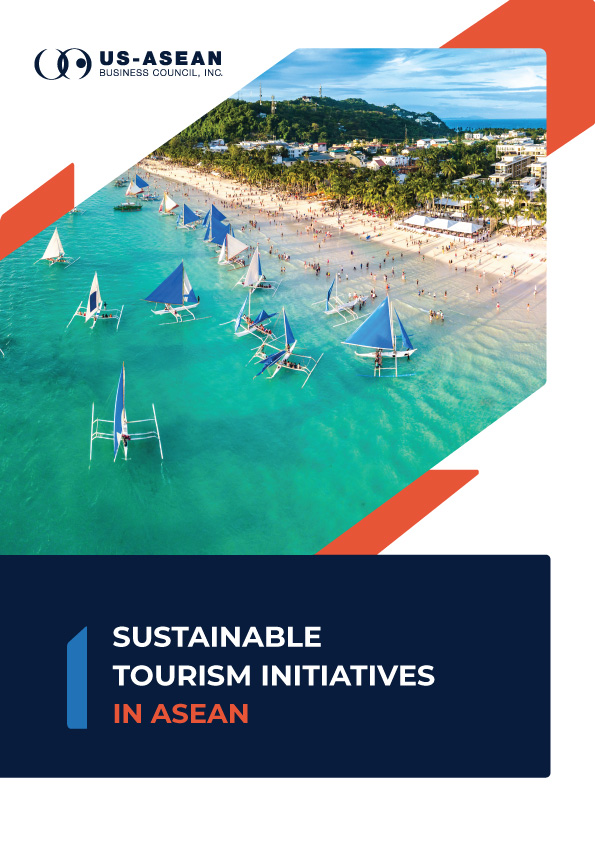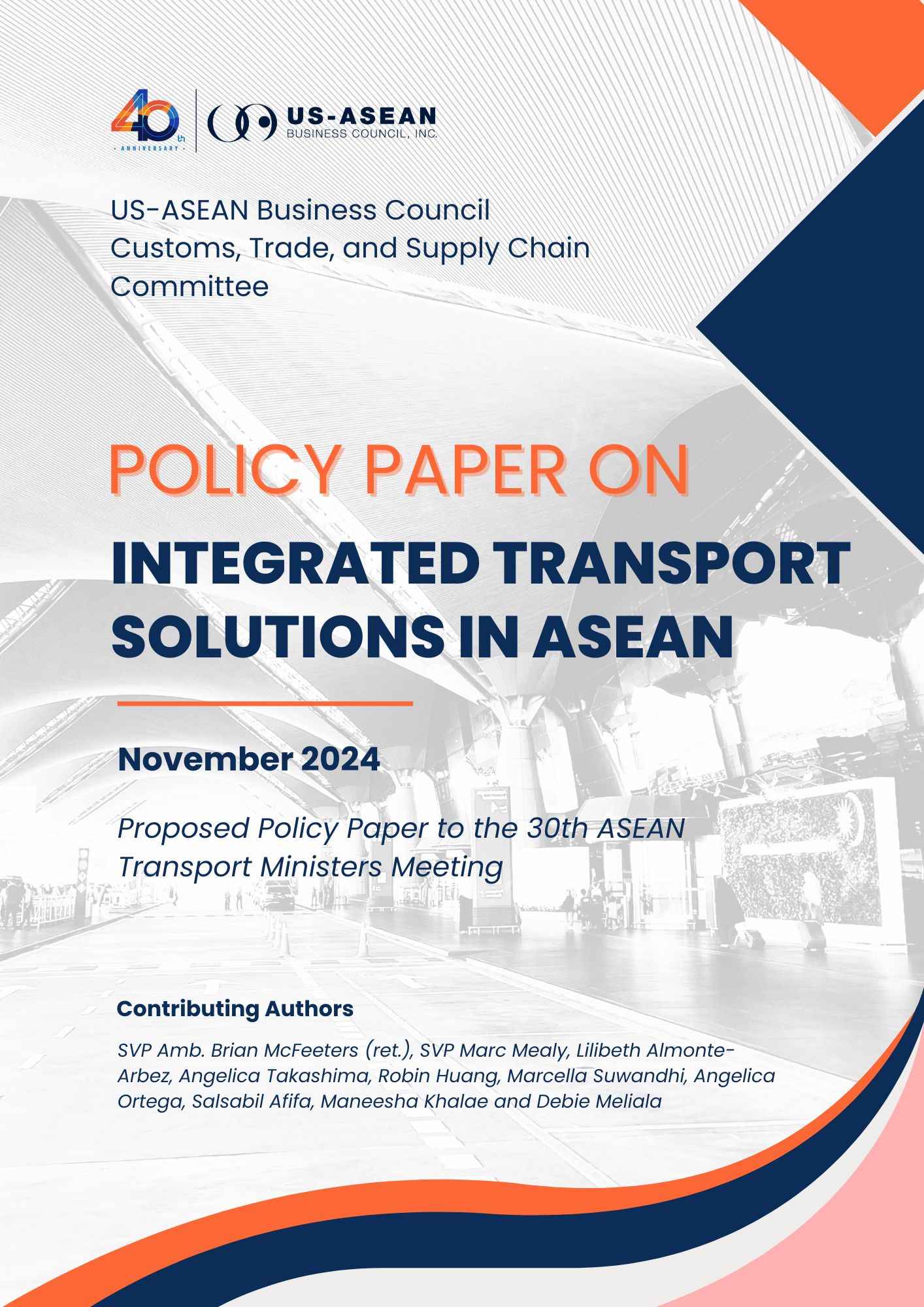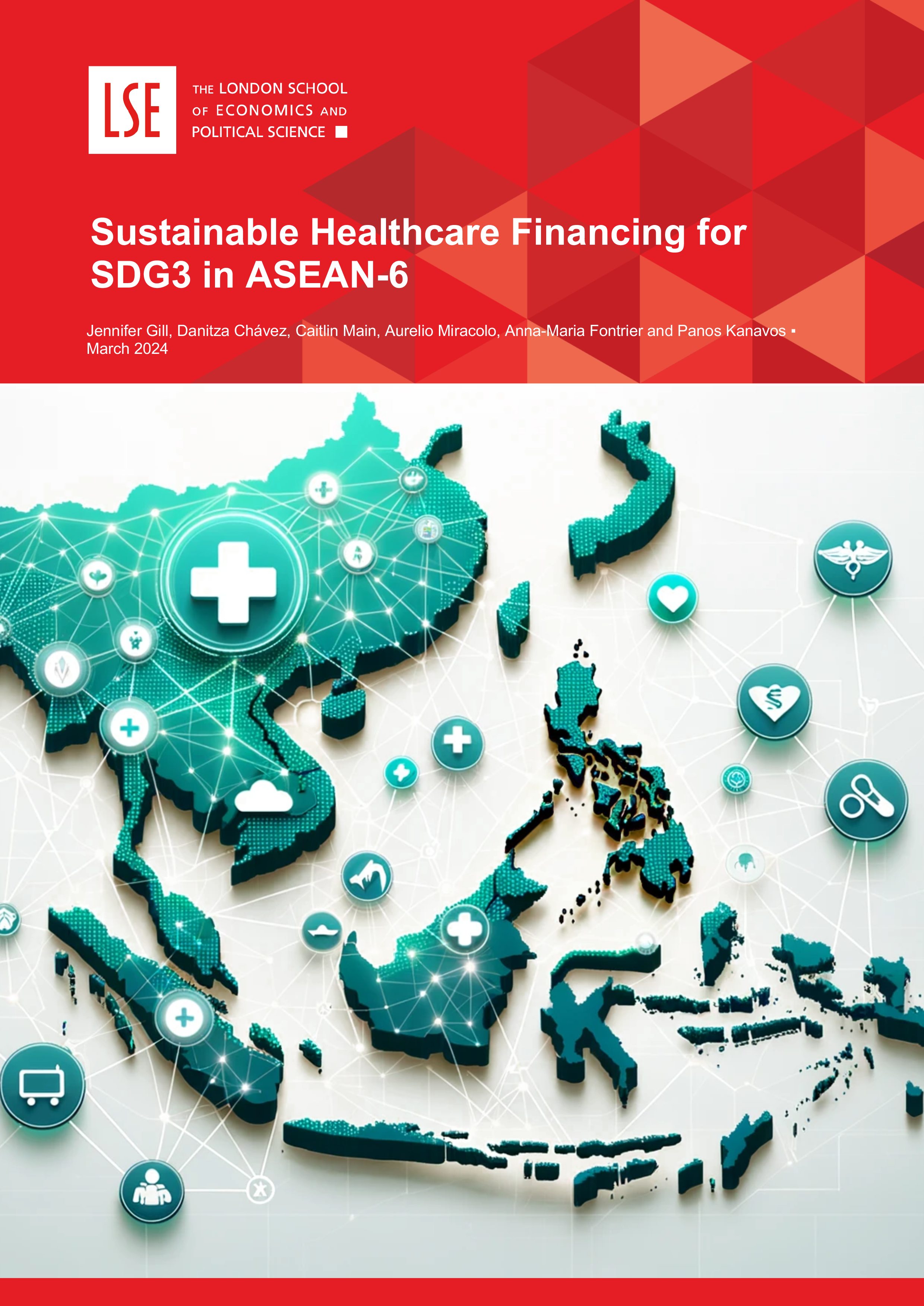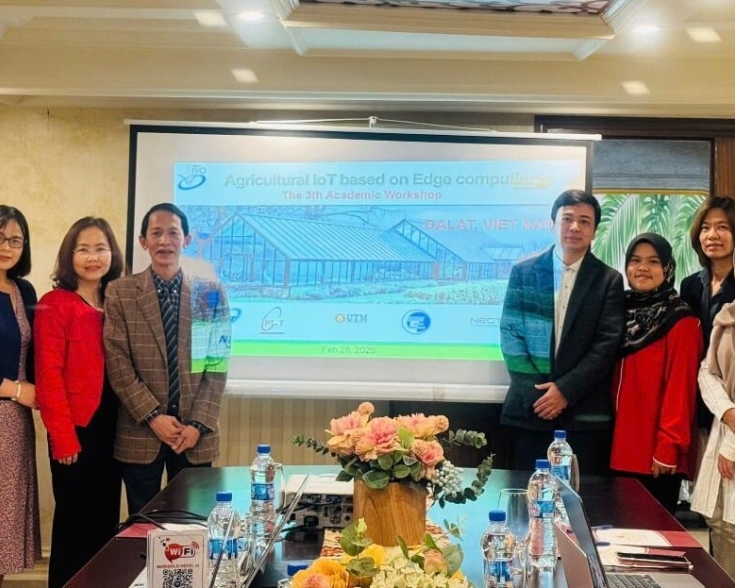India’s Rice Export Ban Brings Both Opportunities and Challenges to the Global Food Market

On July 20, India imposed a ban on the export of non-basmati white rice. This decision followed Russia’s exit from the Black Sea grain deal and concerns about rice shortages due to El Nino disruptions, rising food prices, and high inflation. The ban has significantly disrupted the global food market as India’s rice accounted for approximately 40% of the world’s rice supply in 2022. After the announcement, global rice prices increased by 15-25%. In the U.S., the ban resulted in panic buying and concerns about potential profit margin pressures among business owners.
ASEAN countries had opposite reactions to India’s rice export ban. Thailand and Vietnam, the second and third largest rice exporters in the world, have taken advantage of these opportunities by increasing their rice exports while ensuring their domestic supply. However, Thailand and Vietnam may follow India’s move to stabilize their domestic food markets in case prices continue to surge. Thailand has invested over $8 million in its NAMA (Nationally Appropriate Mitigation Action) project, which encourages rice farmers to mitigate the impact of global warming and reduce production costs by employing technologically advanced methods of production. NAMA has seen rice exports increase by nearly 12% since January 1. Meanwhile, major importers of non-basmati rice such as the Philippines, Singapore, and Indonesia have tried to secure government-level deals with India to resume their rice supplies.










